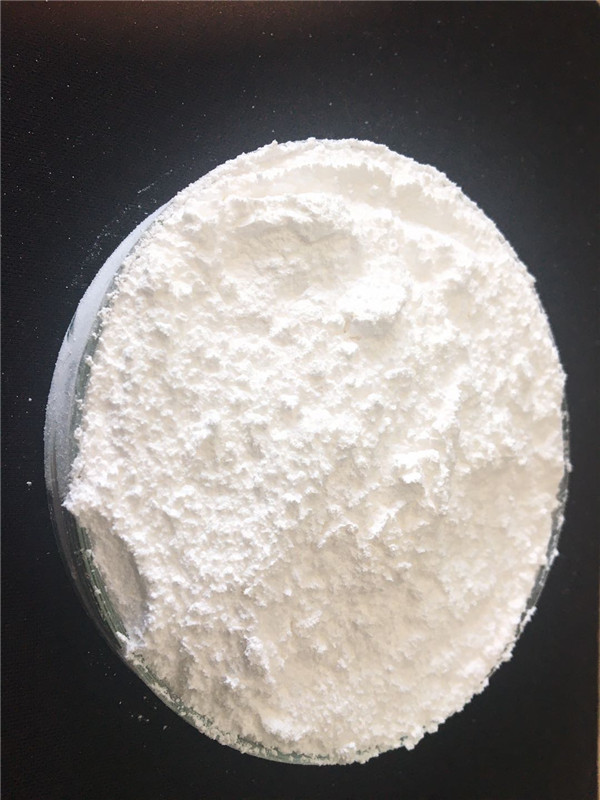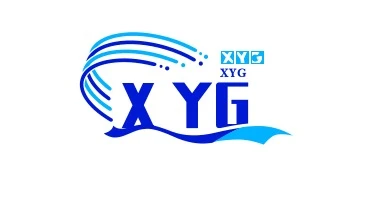
News
Jun . 13, 2024 04:28 Back to list
Thymosin beta-4 is a key protein involved in cellular repair and growth.
The Promising Role of Thymosin Beta-4 in Regenerative Medicine
Thymosin Beta-4, an essential protein found abundantly in almost all eukaryotic cells, holds a unique position in the realm of regenerative medicine. This 43-amino acid peptide is known for its pivotal role in various biological processes, including cell migration, wound healing, and tissue regeneration.
The name 'Thymosin' stems from its initial discovery in the thymus gland, a vital organ in the immune system. However, it is now understood that Thymosin Beta-4 (Tβ4) is ubiquitously expressed, playing a crucial part in cellular functions. It is the major actin-sequestering protein in eukaryotic cells, regulating actin dynamics, which is fundamental to cell motility and structure.
One of Tβ4's most intriguing attributes is its ability to promote angiogenesis, the formation of new blood vessels. This property makes it a promising candidate for applications in ischemic diseases, where increased blood flow is critical. Furthermore, Tβ4 has shown potential in accelerating wound healing by enhancing the proliferation and migration of keratinocytes and fibroblasts, the key cells involved in skin repair.
In the field of regenerative medicine, Tβ4 has drawn significant attention due to its pro-cardioprotective effects. Studies have demonstrated its ability to reduce cardiac injury, enhance cardiac function, and stimulate cardiac progenitor cell proliferation after myocardial infarction Studies have demonstrated its ability to reduce cardiac injury, enhance cardiac function, and stimulate cardiac progenitor cell proliferation after myocardial infarction Studies have demonstrated its ability to reduce cardiac injury, enhance cardiac function, and stimulate cardiac progenitor cell proliferation after myocardial infarction Studies have demonstrated its ability to reduce cardiac injury, enhance cardiac function, and stimulate cardiac progenitor cell proliferation after myocardial infarction
Studies have demonstrated its ability to reduce cardiac injury, enhance cardiac function, and stimulate cardiac progenitor cell proliferation after myocardial infarction Studies have demonstrated its ability to reduce cardiac injury, enhance cardiac function, and stimulate cardiac progenitor cell proliferation after myocardial infarction thymosin beta-4. These findings have sparked interest in the development of Tβ4-based therapies for heart disease.
Moreover, Tβ4 exhibits potent anti-inflammatory properties, making it a potential therapeutic agent for inflammatory conditions. Its capacity to modulate immune responses and promote tissue repair suggests potential applications in conditions like neurodegenerative diseases, where inflammation plays a significant role.
Despite its immense potential, research on Tβ4 is still in its relative infancy. Challenges remain in understanding the precise molecular mechanisms through which Tβ4 exerts its effects and optimizing its delivery for therapeutic purposes. However, with ongoing studies and advancements, Tβ4 promises to open new avenues in regenerative medicine, potentially revolutionizing the way we approach tissue repair and regeneration.
In conclusion, Thymosin Beta-4 is more than just a protein; it is a key player in the complex dance of life, orchestrating cell movement, tissue recovery, and possibly, the future of regenerative therapies. As science delves deeper into its intricacies, the potential of Tβ4 to heal and restore damaged tissues becomes increasingly apparent, offering hope for millions worldwide.
thymosin beta-4. These findings have sparked interest in the development of Tβ4-based therapies for heart disease.
Moreover, Tβ4 exhibits potent anti-inflammatory properties, making it a potential therapeutic agent for inflammatory conditions. Its capacity to modulate immune responses and promote tissue repair suggests potential applications in conditions like neurodegenerative diseases, where inflammation plays a significant role.
Despite its immense potential, research on Tβ4 is still in its relative infancy. Challenges remain in understanding the precise molecular mechanisms through which Tβ4 exerts its effects and optimizing its delivery for therapeutic purposes. However, with ongoing studies and advancements, Tβ4 promises to open new avenues in regenerative medicine, potentially revolutionizing the way we approach tissue repair and regeneration.
In conclusion, Thymosin Beta-4 is more than just a protein; it is a key player in the complex dance of life, orchestrating cell movement, tissue recovery, and possibly, the future of regenerative therapies. As science delves deeper into its intricacies, the potential of Tβ4 to heal and restore damaged tissues becomes increasingly apparent, offering hope for millions worldwide.
 Studies have demonstrated its ability to reduce cardiac injury, enhance cardiac function, and stimulate cardiac progenitor cell proliferation after myocardial infarction Studies have demonstrated its ability to reduce cardiac injury, enhance cardiac function, and stimulate cardiac progenitor cell proliferation after myocardial infarction
Studies have demonstrated its ability to reduce cardiac injury, enhance cardiac function, and stimulate cardiac progenitor cell proliferation after myocardial infarction Studies have demonstrated its ability to reduce cardiac injury, enhance cardiac function, and stimulate cardiac progenitor cell proliferation after myocardial infarction thymosin beta-4. These findings have sparked interest in the development of Tβ4-based therapies for heart disease.
Moreover, Tβ4 exhibits potent anti-inflammatory properties, making it a potential therapeutic agent for inflammatory conditions. Its capacity to modulate immune responses and promote tissue repair suggests potential applications in conditions like neurodegenerative diseases, where inflammation plays a significant role.
Despite its immense potential, research on Tβ4 is still in its relative infancy. Challenges remain in understanding the precise molecular mechanisms through which Tβ4 exerts its effects and optimizing its delivery for therapeutic purposes. However, with ongoing studies and advancements, Tβ4 promises to open new avenues in regenerative medicine, potentially revolutionizing the way we approach tissue repair and regeneration.
In conclusion, Thymosin Beta-4 is more than just a protein; it is a key player in the complex dance of life, orchestrating cell movement, tissue recovery, and possibly, the future of regenerative therapies. As science delves deeper into its intricacies, the potential of Tβ4 to heal and restore damaged tissues becomes increasingly apparent, offering hope for millions worldwide.
thymosin beta-4. These findings have sparked interest in the development of Tβ4-based therapies for heart disease.
Moreover, Tβ4 exhibits potent anti-inflammatory properties, making it a potential therapeutic agent for inflammatory conditions. Its capacity to modulate immune responses and promote tissue repair suggests potential applications in conditions like neurodegenerative diseases, where inflammation plays a significant role.
Despite its immense potential, research on Tβ4 is still in its relative infancy. Challenges remain in understanding the precise molecular mechanisms through which Tβ4 exerts its effects and optimizing its delivery for therapeutic purposes. However, with ongoing studies and advancements, Tβ4 promises to open new avenues in regenerative medicine, potentially revolutionizing the way we approach tissue repair and regeneration.
In conclusion, Thymosin Beta-4 is more than just a protein; it is a key player in the complex dance of life, orchestrating cell movement, tissue recovery, and possibly, the future of regenerative therapies. As science delves deeper into its intricacies, the potential of Tβ4 to heal and restore damaged tissues becomes increasingly apparent, offering hope for millions worldwide. Share
Latest news
-
Using tadalafil to promote hair growth and combat hair loss effectively.
NewsJul.10,2024
-
Generating a title similar to palmitoyl oligopeptide could be Oligopeptide containing palmitoyl for skincare benefits and rejuvenation.
NewsJul.10,2024
-
Similarity of the compound tra% 100mg/ml in different pharmaceutical formulations
NewsJul.10,2024
-
Negative impacts of tadalafil on health and well-being
NewsJul.10,2024
-
Anastrozole 0.5 mg twice per week for treatment of cancer patients
NewsJul.10,2024
-
Reviewing the effectiveness of kisspeptin in enhancing reproductive health and fertility.
NewsJul.10,2024
